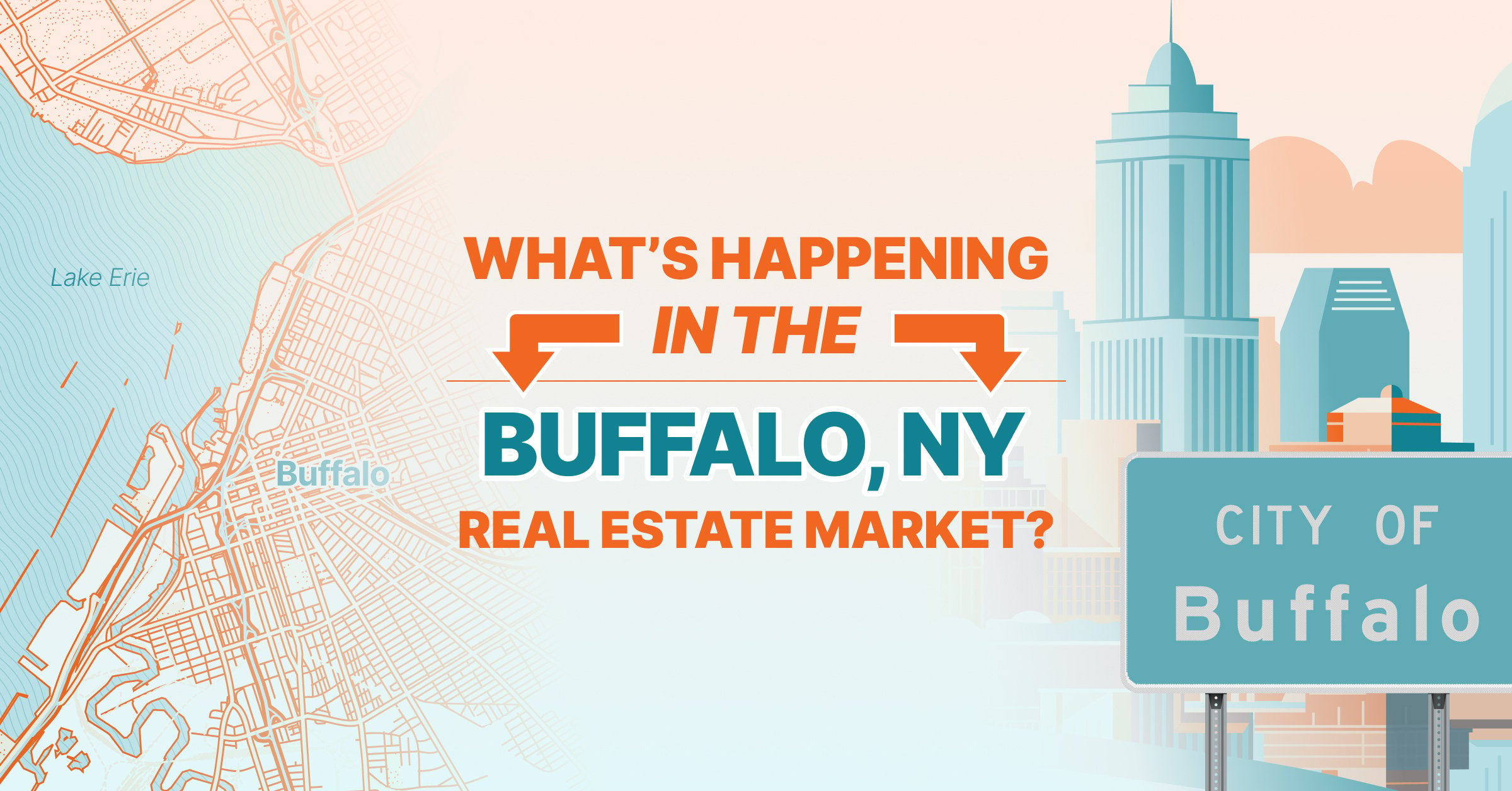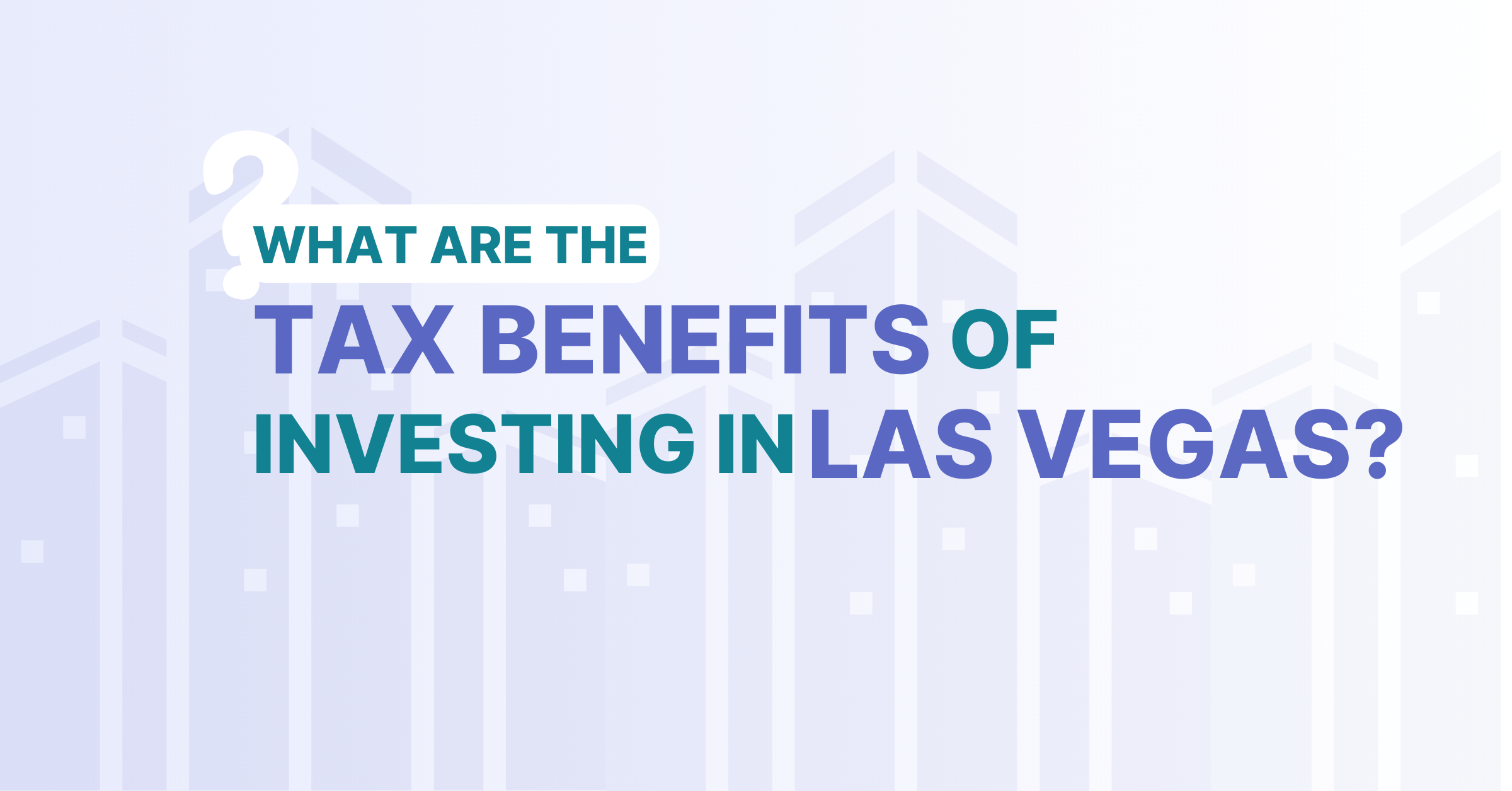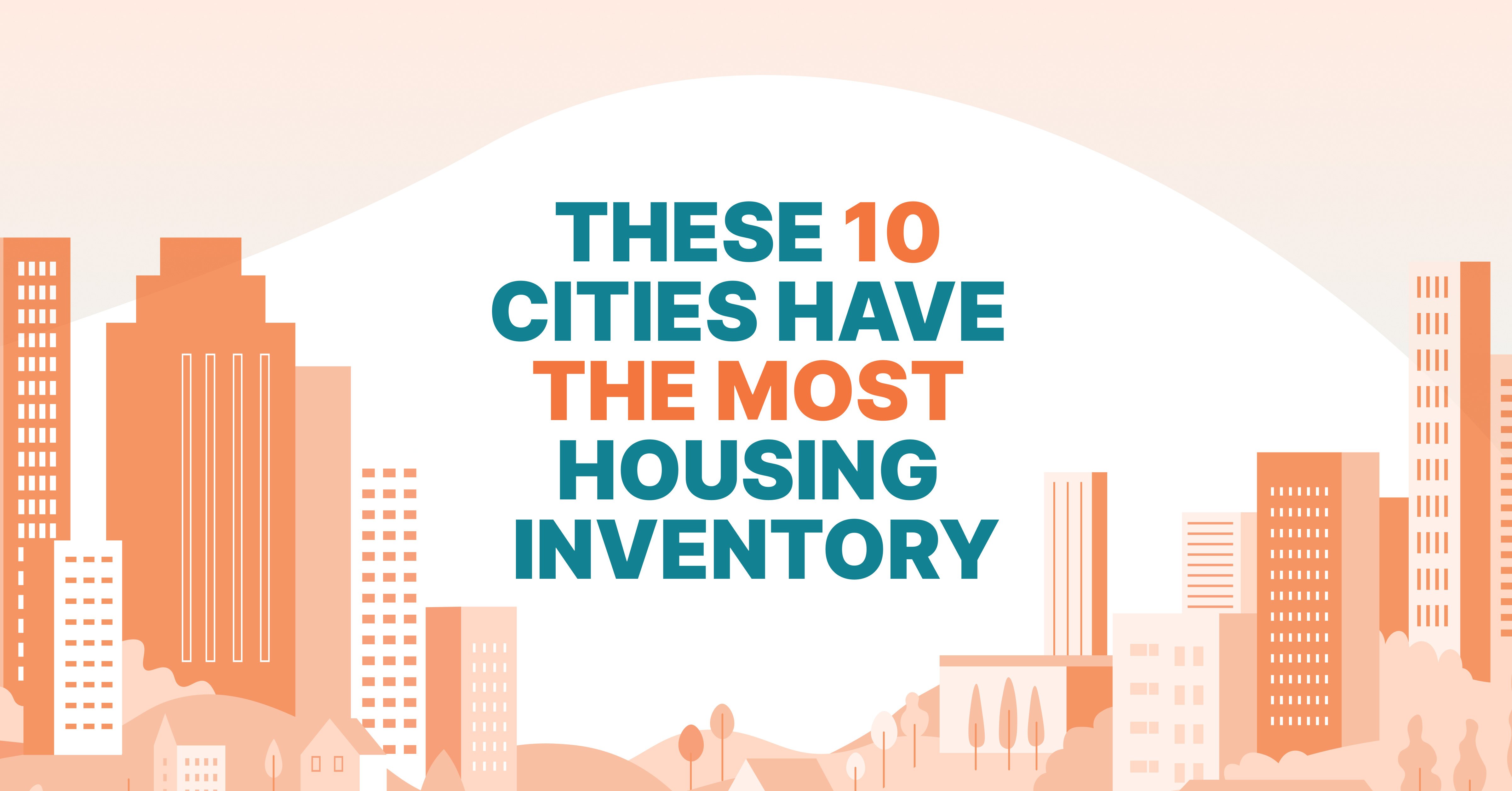Disclaimer: PropStream does not offer investing advice and/or profit promises. This article is for educational purposes only. We recommend doing your due diligence and/or consulting financial professionals before buying property.
|
Key Takeaways:
|
As we approach 2025, you may wonder when the best time to buy a house is. Should you buy earlier or later in the year? The right time can depend on mortgage rates, buyer activity, your local market, your personal financial situation, and more.
Let’s explore some of the most notable 2025 real estate market predictions to help determine the best time to buy.
Table of Contents |
Mortgage Rates Expected to Fall Through 2025
Most homebuyers (about 4 in 5) get a mortgage, making interest rates a major factor in home purchases. Even a one-percentage-point difference can significantly affect monthly payments and total loan costs.
As of October 17, the average 30-year fixed mortgage rate is 6.44%. That’s well below its peak of nearly 8% last fall but still much higher than the 2-4% rates in 2020 and 2021. So, where will they be in 2025?
While it’s impossible to say precisely, most experts expect mortgage rates to gradually fall through the end of 2025—ending the year in the upper 5% range.
Furthermore, the Federal Reserve cut its key interest rate in September for the first time since March 2020, and board members expect more cuts in 2025. Though the Fed rate doesn’t directly control mortgage rates, it does serve as a benchmark.
In short, as mortgage rate forecasts stand now, the longer you wait to buy a house, the more likely you are to lock in a lower rate.
Increased Buyer Activity Could Push Up Home Prices
Of course, a lower mortgage rate environment may attract more buyers to the market, increasing demand and putting upward pressure on home prices. In that case, buyers may want to reconsider putting off a house purchase. After all, you can typically refinance if and when mortgage rates fall, but you can’t change the home price.
For example, assume mortgage rates fall to 5.8% by the end of 2025. On a $500,000 house with a 20% down payment, your monthly payment would be about $2,347 vs. about $2,512 if you bought at today’s average 6.44% rate. That’s a difference of $165 monthly or $1,980 annually.
However, a $500,000 house today is unlikely to cost $500,000 at the end of 2024—especially if mortgage rates fall. Goldman Sachs expects home prices to appreciate by 4.4% in 2025, which could make a $500,000 house cost $522,000. At that point, the $1,980 annual savings from locking in a lower mortgage rate may not be worth the $22,000 price increase.
Housing Inventory May Ramp Up Slowly
That said, lower mortgage rates could also have an opposite downward effect on home prices. Part of the reason they’ve climbed so quickly in the first place is what’s called the “lock-in effect”: Many homeowners won’t sell because it requires giving up a low mortgage rate for a higher one (nearly 60% of mortgages have interest rates below 4%).
If mortgage rates fall, however, it may encourage more homeowners to sell, releasing further supply into the market and putting downward pressure on home prices. This trend could be further bolstered by new construction. In September (2024), single-family homebuilding surged to a five-month high.
Ultimately, the U.S. still faces a severe housing shortage that is unlikely to be resolved anytime soon, but lower mortgage rates and new construction could help ease it. For buyers, this could moderate price growth and provide more home selection through 2025.
The Real Estate Market Is Seasonal
.png?width=1252&height=834&name=besttimetobuy%20(1).png)
It’s no secret that the housing market follows seasonal patterns. This is why housing statistics are often “seasonally adjusted.”
The spring and summer months tend to have the most sales activity, while the winter and fall tend to be less busy. For example, in January 2024, U.S. existing home sales fell to 234,000. By May, they jumped to 405,000.
This is because most people prefer to move in the spring or summer when the weather is nice, and their kids are out of school. In contrast, colder winter months tend to see less demand, resulting in fewer sales, higher days on market, and lower prices.
As a buyer, you can use this to your advantage. By buying during the off-season, you may have more power to negotiate a lower home price.
Regional Housing Markets May Differ
While important, national housing trends may not hold for your specific market, so it's vital to pay attention to local patterns as well.
For instance, some markets may currently be considered buyers’ markets, while others are considered sellers' markets. Furthermore, home value trajectories can differ significantly by region. Since the start of COVID-19, metros in the Southeast and Southwest generally saw the fastest home price appreciation.
| Pro Tip: To get a pulse on your market and the best time to buy, consult local real estate professionals and monitor real estate data with dedicated software like PropStream! |
Your Personal Financial Situation Matters
Finally, no matter how favorable or unfavorable your market is, the right time to buy an investment property depends on your personal financial situation.
For example, you may choose to put off buying an investment property until you’ve saved for a larger down payment or improved your credit score, potentially eliminating the need for private mortgage insurance (PMI).
The Final Verdict
At the end of the day, there’s no one-size-fits-all answer to when is the best time to buy a house in 2025. However, here’s why purchasing earlier in the year may be advantageous:
- The winter months are less competitive, giving you more negotiation power with sellers.
- You can likely lock in a lower purchase price by buying before further potential home appreciation.
- If mortgage rates fall as expected later in the year, you can potentially refinance after you buy.
Meanwhile, here’s why buying later in the year could be better:
- If home inventory increases as expected, you may have more home options.
- If mortgage rates fall as expected, you can lock in a lower mortgage rate upfront.
- You have more time to save for a down payment and improve your credit.
Weary of paying the current inflated market prices for your next property in fear of impacting your bottom line?
PropStream It!
With PropStream, you can access data for 160+ million properties nationwide, including many off-market opportunities. By pursuing off-market leads, you can potentially score an excellent property deal from a homeowner who needs to sell immediately.
PropStream makes finding these homeowners quick and convenient, with 20 Lead Lists to help you find an exact niche in SECONDS. Choose from leads like divorce, pre-foreclosure, or even senior owners to find the best opportunities while assisting a homeowner in need.
Try PropStream for 7 Days FREE!
Sign up for a free 7-day trial today to see why the most successful real estate pros swear by it and get 50 leads on us!
Frequently Asked Questions (FAQs)
Will mortgage rates drop in 2025?
Most experts expect mortgage rates to gradually decline through 2025, potentially ending the year in the upper 5% range.
Is it better to buy a house early or late in 2025?
It depends on your personal financial situation and market conditions, but buying earlier may help you lock in a lower home price while waiting could offer lower mortgage rates and more on-market selection.
Will home prices continue to rise in 2025?
Probably. Historically, U.S. homes appreciate by 2-4% annually on average, though this could vary by market.
Is the housing market going to crash in 2025?
Probably not. Persistent demand and an overall lack of supply will likely keep home values from falling very far, if at all.
Is now a good time to buy a house?
The best time to buy a house depends on your personal financial situation and local market conditions. If you have enough for a down payment and good credit, buying now could help you secure a purchase price before any further potential appreciation. If mortgage rates fall, you can likely refinance later.
Subscribe to PropStream's Newsletter



